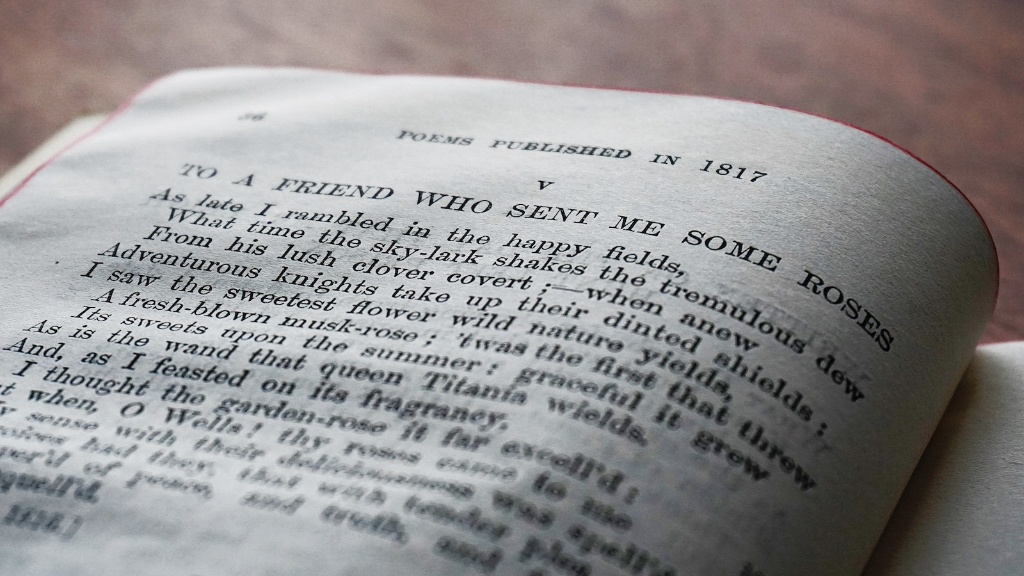Impact of Langston Hughes’ Works
Langston Hughes was one of the most influential American writers of the 20th century who made an enormous contribution to art, literature, and race relations.
His works of poetry and prose helped to define the Harlem Renaissance, a period of unprecedented creativity among African American writers and artists. His life and works inspired many generations of African American and other writers, and he was instrumental in changing public perceptions of African Americans and their place in US society.
Hughes’s writings explored the joys and sorrows of the African American experience, a theme that resonates strongly with readers of all backgrounds. His works were marked by an extraordinary sense of humanity, compassion, and immediacy that allowed him to transcend race and make universal points about the human condition. His poetry, in particular, often had a strongly autobiographical character and dealt with topics such as racism, identity, and social justice.
The power of Hughes’s writing was demonstrated by the impact it had on other writers and artists. Numerous writers, including Alice Walker, Toni Morrison, and Maya Angelou, cite him as a major influence on their work. The themes of Hughes’s poetry, including the celebration of black identity, were echoed in the work of many later artists, such as rapper and songwriter Tupac Shakur and actor and director Spike Lee.
Hughes was a prolific writer, spinning stories, novels, plays, and poems from the mores of urban life, social justice issues, and rural African American culture. His writings dealt with a wide range of topics, from oppression and injustice to love and joy. He also wrote extensively about the Black experience in the US, exploring the issues that African Americans faced and the ways in which they found strength and solace.
Hughes was widely respected during his lifetime and was honored with numerous awards, including a Guggenheim fellowship, a Shelley Memorial Award, and a Spingarn Medal. He was an advocate for civil rights and racial justice and was an outspoken critic of segregation and racism. His works were widely published and studied, and he is still widely remembered for his contributions to American literature.
Influence of Langston Hughes on African American Culture
Langston Hughes’s writing had a profound influence on African American culture, and his impact can still be felt today. Through his art and poetry, Hughes provided an opening for the exploration of black identity and dignity. He addressed issues of race and oppression in a direct yet lyrical way, and his work enabled African Americans to express complex ideas in a new and powerful manner.
Hughes’s writing served to affirm and celebrate the importance of African American culture. Through his poetry and stories, he provided a platform for African Americans to explore their culture and their experiences. His work helped to normalize the celebration of African American culture and encouraged others to embrace and cherish their heritage.
Hughes was also an advocate for social justice and racial equality. His writings addressed the struggle of black Americans and the need for civil rights and equality. His work was a call to action and inspired many to take part in the civil rights movement. Indeed, his writings provided comfort and hope to those who were struggling for justice and, in many ways, served as a beacon of light in a dark period of American history.
Hughes’s impact extended beyond African American culture and the civil rights movement. His investigative and lyrical style of writing resonated with readers of all walks of life, and his works were widely read and acclaimed. Hughes is still widely remembered and celebrated today for his contributions to American literature.
Legacy of Langston Hughes
Langston Hughes left a lasting impact on American culture. His contributions to literature and art were substantial, as was his influence on American social and political thought. His work was embraced by African American readers and critics alike and provided a powerful platform for the exploration of an African American experience. His writings about the civil rights movement inspired generations of activists and provided them with comfort and hope.
Hughes was a major figure in the Harlem Renaissance and was an influential figure in African American culture. He was an unflinching advocate for justice and equality and he used his influence to speak out against racism and oppression. His writings helped to shed light on the African American experience, and they provided a platform for African Americans and other minority groups to express their unique perspectives.
Today, Hughes is remembered as one of the most influential African Americans of the 20th century. His works continue to inspire readers of all backgrounds and serve as a beacon of hope in times of struggle and injustice. Despite the passage of time, Langston Hughes’s influence continues to live on.
Impact of Langston Hughes on Civil Rights Movement
Langston Hughes was one of the most influential voices of the civil rights movement. His words captured the struggles, hopes, and dreams of the African American community, and his writing served as a powerful voice for social justice and equality. Hughes was an unapologetic advocate for civil rights and he used his writing to speak out against injustice and to promote the rights of African Americans.
Hughes’s writings served as a call to action for many civil rights activists and inspired generations of people to take part in the movement. His works explored the realities of life as an African American and addressed the need for civil rights and social justice. His poetry and stories provided solace to those who were struggling and encouraged people to take a stand against oppression and injustice.
The civil rights movement was greatly influenced by Hughes’s works, and his writing continues to serve as an inspiration to those working to advance social justice and promote equal rights. His writings offered an important perspective on the experience of African American life and provided a powerful platform for African Americans to express their unique experiences and perspectives.
Hughes’s writings were an important touchstone for the civil rights movement and an invaluable source of hope and comfort for those fighting for justice. His legacy continues to resonate powerfully with readers of all backgrounds, and he is still widely remembered for his contributions to the struggle for social justice and civil rights.
Significance of Langston Hughes in Today’s Society
Langston Hughes has left an indelible mark on American culture and his influence can still be seen and felt today. His work explored the realities of African American life and helped to expand the boundaries of literature and art. His writing was a powerful voice for civil rights and justice, and it served as an important source of comfort and inspiration for activists and readers alike.
Today, Hughes’s works are widely read and studied, and his writings are still held as an example to countless writers. His work remains an important touchstone for those striving for freedom, dignity, and justice. His writing serves as an inspiration to those who continue the struggle for equality and civil rights.
In many ways, Hughes was ahead of his time, and his words and ideas continue to resonate with readers of all backgrounds. He provided an invaluable perspective on the African American experience and helped to shape the cultural landscape of the 20th century. His legacy continues to live on, and his words and works remain an essential part of American literature and culture.
Conclusion
The legacy of Langston Hughes is one of creativity, compassion, and courage. He was an unapologetic advocate for civil rights and a major figure in the Harlem Renaissance. His works helped to define a new and unprecedented level of creativity among African American writers, and his influence on African American culture and literature is still felt today. His writing was a powerful voice for justice and served as an important source of hope and inspiration for those fighting for freedom, dignity, and justice. His legacy lives on, and his words and works continue to be an important part of American literature and culture.





